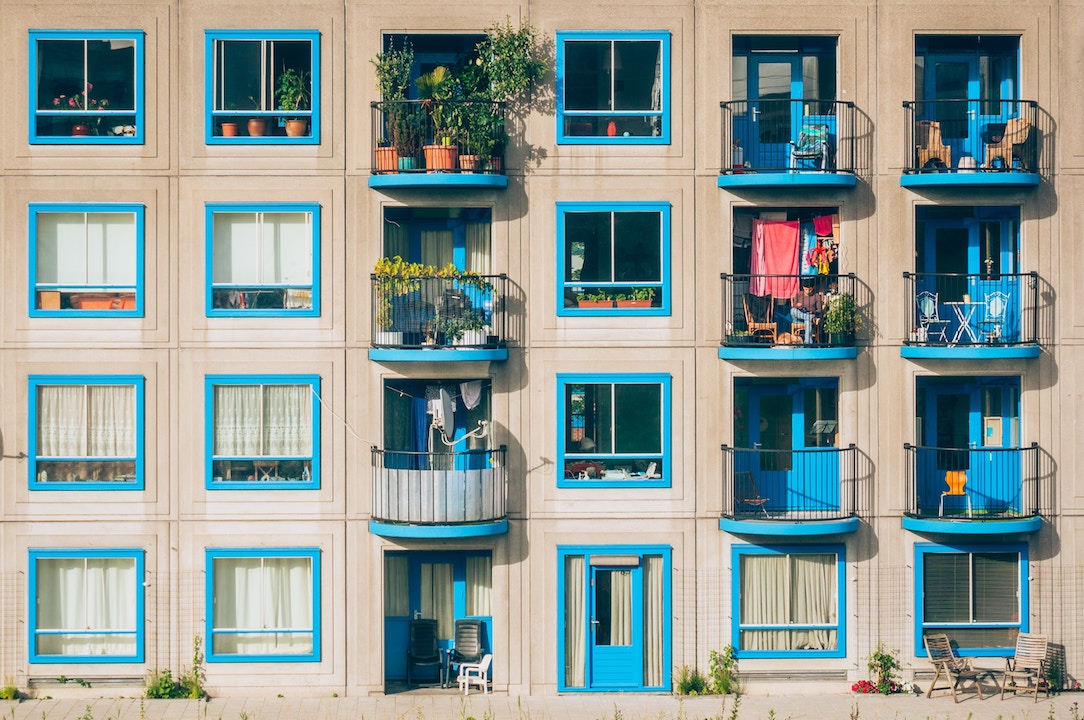Apartment Hunting: Tips And Guide For First-Time Renters
Renting your first apartment is a logical initial step toward leaving your parents’ home. Moving out by yourself gives you a lot of independence, but it also comes with many obligations.
Renting for the first time is a huge deal. You are independent and free to do as you please, whenever you choose. Additionally, it involves paying for utilities that you are not familiar with. You can also find South Lamar, TX apartments for rent that might suit you.
Make the most of your first apartment living experience. Follow this advice for first-time renters to take advantage of and navigate all elements of renting.
First, set a wise budget.
Creating an apartment budget can help you in your effort to accumulate funds for your first apartment. Maintaining your budget after you move in is a good method to increase your savings for expenses such as rent, utilities, home furnishings, and other needs.
Never pay more for rent on your first apartment than you can actually afford. Rent shouldn’t account for more than 30 percent of your whole income. Another budgeting strategy to use is the 50/30/20 guideline, so you can put aside money for the first rent payment or the security deposit.
When making a budget, keep in mind to account for all of your regular spending as well as additional costs. You can split expenses with a roommate, which will allow you to save money and keep to your spending plan.
Second, Determine your needs.
Consider the needs list you prepared when you look around for apartments. Your demands and wants for an apartment are different from one another. They are the amenities you simply must have to feel at home.
You will require an apartment close to public transportation if you don’t have a car. Pet parents will need to locate a neighborhood that welcomes and cares for their beloved companions.
What you would like to have in your apartment or residential community is known as a “desire”; these are items on your “wish list,” if you will, but then you can live without them. This category often includes amenities like swimming pools. Prioritize your needs, then be pleased when a few of your apartment expectations are met by your apartment.
Third, Give the apartment a tour.
Renters can now easily inspect new apartments from afar because of online apartment tours. However, a traditional apartment visit can provide you with a firsthand look at the community. Make an appointment for a tour of an apartment complex to get an idea of the layout, the ambiance of the neighborhood, and the daily operation of services like the fitness center and trash collection area.
As the property manager gives you a tour, ask questions. What rules do you have in place for residents receiving packages and mail? When are the quiet hours for the neighborhood? These are great inquiries to make. Make sure to create a list of inquiries depending on your priorities.
Fourth, Be Informed of the utilities included.
Some apartments may even have utilities included, while others might not. If including utilities is significant to you, include it in your hunt since the cost may have an impact on your budget plan.
Discuss the utilities that will be charged to each rent payment with your property manager. Some communities, for instance, charge their renters directly for water bills rather than requiring tenants to register a water account with the city. If so, instead of sending your payment to the neighborhood water department, you will add the outstanding balance to each rent payment.
First-time renters will usually need to create new accounts with utility companies, which can lead to additional fees. When setting up your utilities, such as the electricity to the apartment and cable/Internet, one-time payments and equipment rentals are common.
Fifth, Consider the parking situation for yourself and your guests.
Living in an urban environment can sometimes be difficult due to parking problems. Without conducting any careful research as a first-time renter, spaces that fill up fast and a lack of space for overnight visitors and guests can be stressful. Address the parking situation at the apartment complex with your property management. There are often restrictions on guest parking at nearby apartments. Ensure that you are aware of the visiting rules to avoid having yours unintentionally use a reserved space.
Sixth, Understand what the application process requires.
It can be confusing to rent an apartment for the first time. In general, first-time renters are unfamiliar with the terms and rental vocabulary used in an application as well as the process for applying for an apartment.
The typical steps in this process are to fill out an application, have your credit checked, and pay minimal application costs. The approval process moves quickly. Renters can now find out in a matter of 48 hours, and in some cases, minutes, if they have been approved.
A guarantor may be required for new tenants who have no credit history. Since they are the individuals who promise that the rent will be paid on time, their credit will be verified. As a guarantor, you should choose someone you can trust. They can also be able to provide you with advice on how to improve your credit and live comfortably in an apartment.
Seventh, Read and understand the contents of the lease.
You may experience joy, excitement, and perhaps a little worry as you sign here and sign there on a leasing agreement. It’s your first independent apartment. But even if you might find it difficult to control your emotions, never feel pressured to sign a lease immediately.
Thoroughly read the document, taking note of any issues you see. Verify that anything you and the property manager agreed upon during the tour is included in the contract. If not, they might not have to fulfill their end of the bargain under the law.
Eighth, Have a walk around the apartment.
Your apartment’s property manager will conduct a walkthrough with you once you obtain the keys. This will give you a chance to walk throughout the house and note any problems you find, including low water pressure or cracks in the walls.
Following the walkthrough, you or your property manager will provide the maintenance department with the list of repairs, and they will come out and do the necessary repairs. You can be required to use your security deposit at the end of your lease to cover repairs if you skip the walkthrough and no problems are reported.




